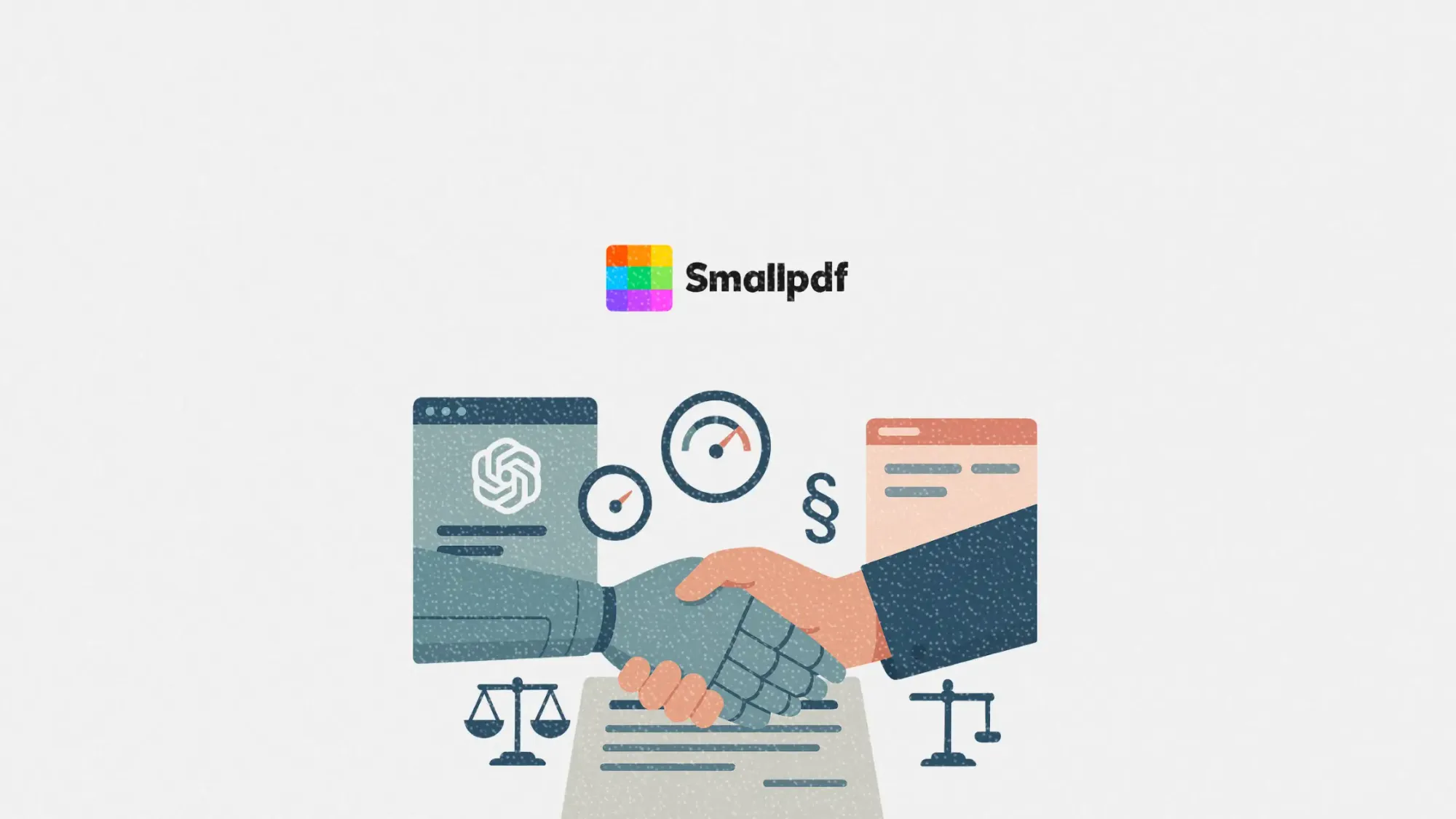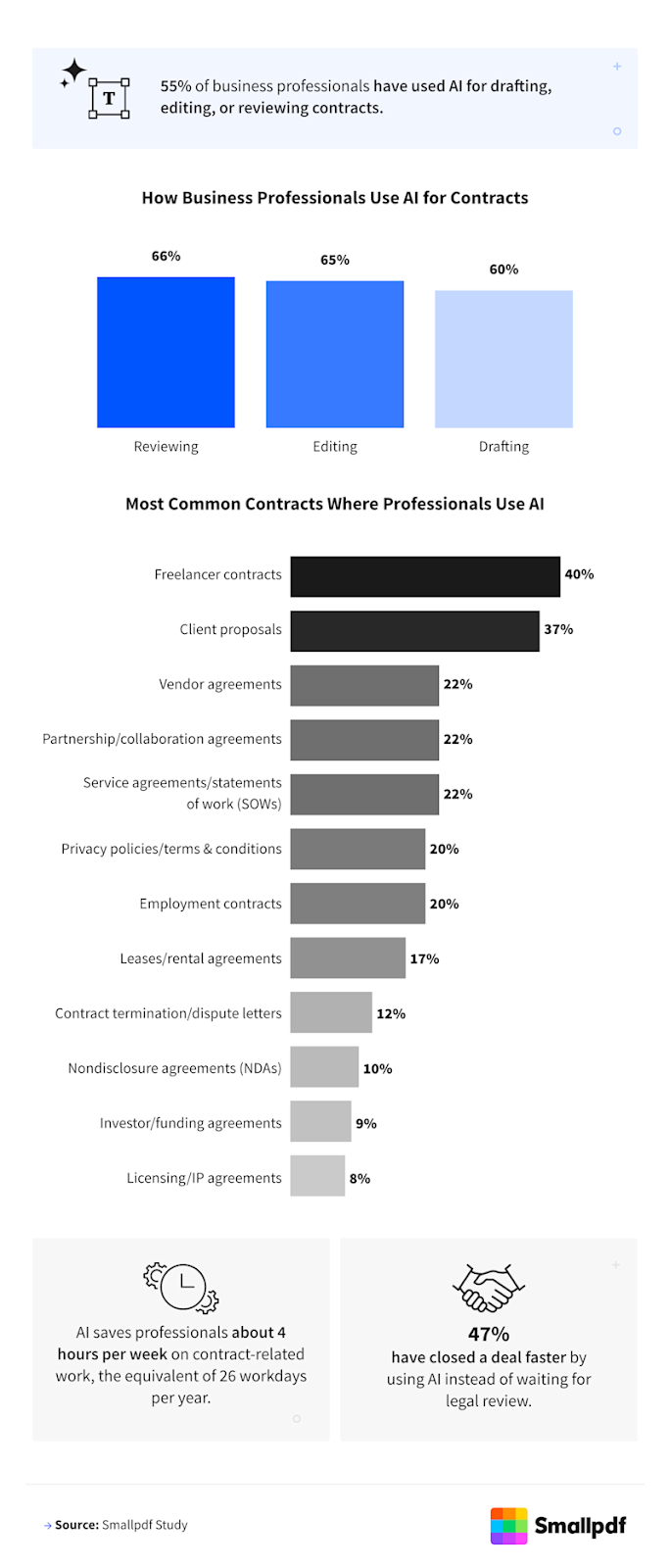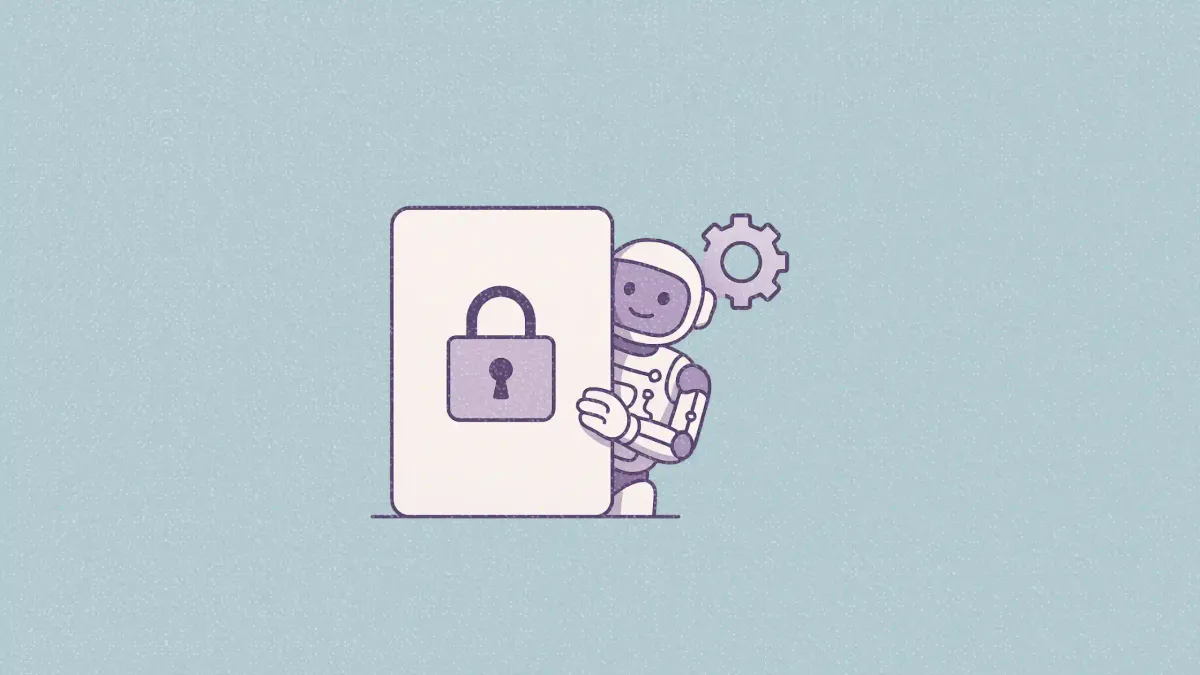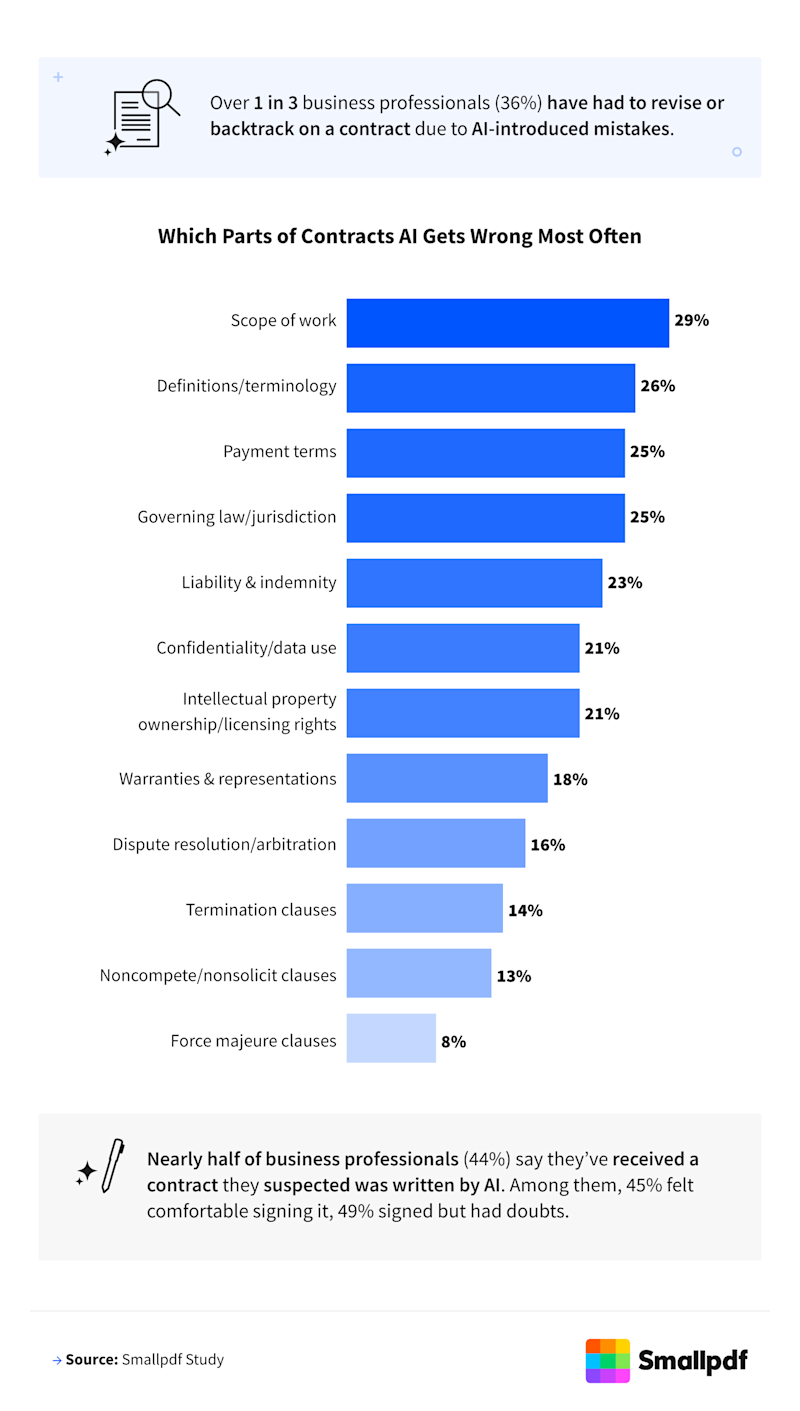AI for contracts is booming, but are businesses ready for the risks?
AI is speeding up contract work for marketers and business teams, but legal doubts are growing

AI is transforming how professionals handle legal documents, and marketing teams are getting in on the action. Tools like ChatGPT, Claude, and Microsoft Copilot are being used to speed up everything from drafting NDAs to reviewing partnership agreements.
But while these AI tools are helping professionals move faster and cut costs, they’re also introducing fresh legal headaches. A new study from document platform Smallpdf sheds light on this growing tension, based on a survey of 1,000 US professionals including marketers, freelancers, and business owners about how they're using AI for contracts.
This article explores how AI is changing contract work, where marketers are gaining ground, and what legal landmines they’ll need to avoid.
Short on time?
Here’s a table of contents for quick access:
- How marketers are using AI for contracts
- Why AI saves time but invites risk
- Contract confidence: where trust breaks down
- What marketers should know

How marketers are using AI for contracts
Marketers are no longer leaving contracts entirely to the legal team. In fact, 68% of marketing professionals have already used AI to draft, edit, or review contracts. According to Smallpdf’s study, this shift is saving time, about 4 hours per week on average, which adds up to 26 full workdays per year.
Nearly half of respondents (47%) said AI helped them close deals faster by skipping lengthy legal review cycles. Financially, AI is also making a dent. One in ten professionals reported saving over US$10,000 annually by using AI instead of hiring legal counsel.

Even with these benefits, marketers aren't blindly trusting the machines. Most still take time to revise AI-generated content, with an average of 30 minutes spent reviewing each contract. Still, a surprising one in seven said they spend five minutes or less.
For marketers handling partnerships, influencer deals, or campaign agreements, AI can be a force multiplier but only if used with care.

Why AI saves time but invites risk
The promise of AI is speed and savings. But Smallpdf’s data also reveals where those shortcuts can backfire.
More than one in three professionals (36%) said they had to revise or walk back a contract due to AI-generated errors. The most common problem areas:
- Scope of work (29%)
- Definitions or legal terminology (26%)
- Payment terms (25%)
- Governing law or jurisdiction (25%)
- Liability and indemnity clauses (23%)
Even more concerning: 31% admitted to using legal-sounding language they didn’t fully understand. And 25% said they’ve skipped legal review altogether to save time or money.
Suspicion about AI-generated contracts is growing too. Nearly half (44%) of professionals say they’ve received a contract that seemed AI-written. While some felt comfortable signing, nearly half signed with hesitation, and 12% had contracts rejected or flagged for looking AI-generated.

Marketers using AI need to treat these tools as drafting assistants, not legal replacements.
Contract confidence: where trust breaks down
The study found that 67% of professionals believe AI-generated contracts are enforceable in court. But only 24% think the legal system is currently prepared to handle disputes involving AI-written agreements.
This gap between user confidence and systemic readiness signals a risk for marketers handling high-value partnerships or licensing deals. About one in five professionals even said they would choose an AI-written contract over a lawyer-reviewed one for a deal worth over US$100,000.
While adoption is growing, especially in industries like marketing, tech, and healthcare, regulators and courts haven’t caught up. Until they do, legal exposure remains a concern.
What marketers should know
To get the most from AI tools while reducing risk, marketing leaders should consider these strategies:
1. Always get a second set of eyes
Don’t skip human review. Even small contract errors can trigger major problems later. Ideally, involve legal counsel before anything gets signed.
2. Strip out sensitive data
Before pasting contract details into AI tools, anonymize names, financials, and proprietary information. This reduces the risk of third-party data exposure.
3. Use AI for drafting, not final docs
Treat AI output as a first draft. Marketers should revise for clarity, tone, and legal accuracy, especially if the contract will face external scrutiny.
4. Be transparent with stakeholders
Let partners know if AI was used to create or edit the document. Failing to disclose this can create trust issues and damage client relationships.
5. Follow evolving legal guidance
Keep tabs on guidance from groups like the American Bar Association. Regulatory frameworks around AI and contracts are still developing.
Marketers are embracing AI for contracts because it saves time, accelerates deals, and reduces legal overhead. But this study makes one thing clear: AI-generated agreements are not yet plug-and-play.
Trust, accuracy, and legal enforceability are still major concerns. For now, the smartest move is to treat AI as a co-pilot. One that drafts quickly but still needs a skilled human in the driver’s seat.





